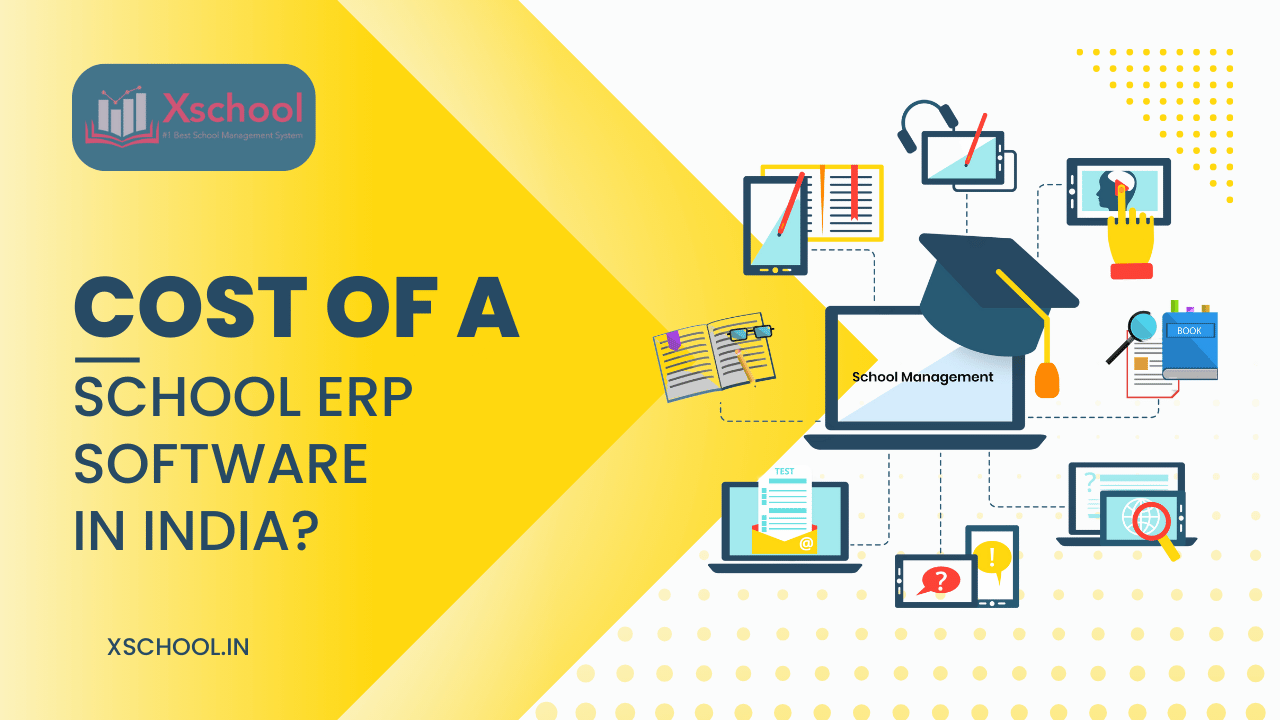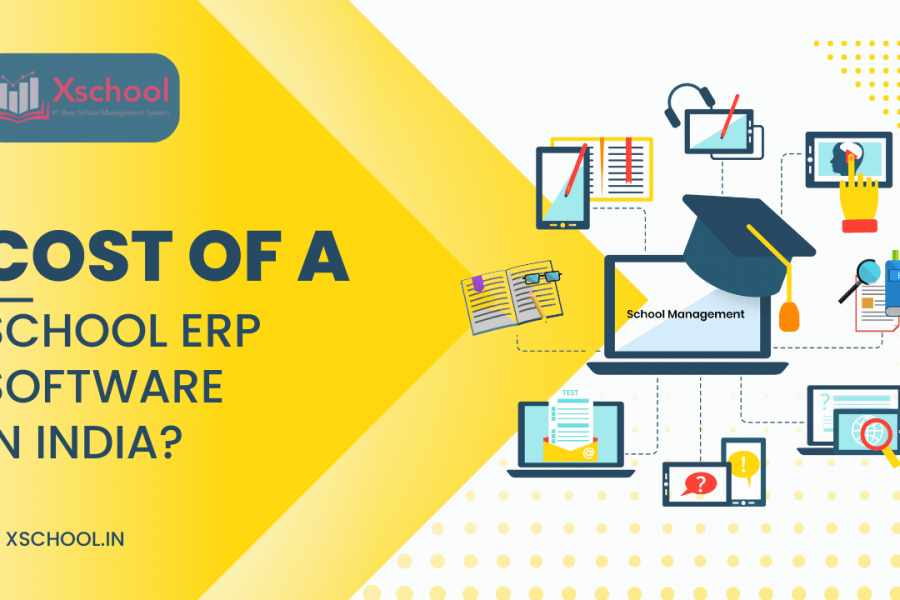
A School ERP (Enterprise Resource Planning) system is a software solution designed to streamline and automate various administrative and management processes within an educational institution, such as schools, colleges, and universities. It serves as a comprehensive platform that integrates different functional areas of the institution to enhance efficiency, communication, and data management.
Here are the key features and components of a typical School ERP system:
- Student Information Management: Centralized database of student profiles, including personal information, contact details, academic records, attendance, and behavior history.
- Admissions and Enrollment: Tools for managing the admission process, including online application forms, enrollment tracking, and document management.
- Academic Management: Curriculum planning and management, including course scheduling, lesson planning, and syllabus tracking.
- Attendance Tracking: Automation of student attendance tracking and reporting, along with notifications for absentees.
- Examinations and Assessments: Features for exam scheduling, grading, result processing, and report card generation.
- Communication and Collaboration: Portals and messaging systems that facilitate communication between teachers, students, parents, and administrative staff.
- Fee Management: Fee collection and payment processing, along with tracking of outstanding payments and automated reminders.
- Library Management: Cataloging and circulation of library resources, including book checkouts and returns.
- Teacher and Staff Management: Staff profiles, including contact information, roles, and qualifications, as well as leave management.
- Transportation Management: School bus routing, tracking, scheduling, and fee collection, ensuring student safety during transportation.
- Finance and Accounting: Financial management, including budgeting, payroll processing, expense tracking, and financial reporting.
- Reporting and Analytics: Tools for generating reports, dashboards, and analytics to monitor institutional performance and make data-driven decisions.
- Parent and Student Portals: Secure portals that allow parents and students to access information such as academic progress, attendance records, assignments, and communication with teachers.
- Customization and Scalability: The ability to customize the ERP system to meet the specific needs of the educational institution and scale as the institution grows.
- Security and Access Control: Role-based access control and data encryption to protect sensitive information and ensure data security.
- Compliance and Regulatory Support: Features that assist with compliance to educational standards and regulatory requirements, including data protection regulations.
- Support and Training: Access to training resources and user support to help administrators, teachers, and staff effectively use the ERP system.
A School ERP system aims to simplify administrative tasks, improve communication between stakeholders, enhance data accuracy, and provide a seamless educational experience for students, teachers, parents, and administrative staff. It plays a vital role in modernizing and optimizing the operations of educational institutions, ultimately contributing to better teaching and learning outcomes.
If You are looking for a powerful and modern School Management System for your school, You can go with xSchool Management Software, xSchool ERP Software is offering a 1-Month free trial that will fulfill all administrative requirements of the schools. Contact 08004880707 to get all the details.




